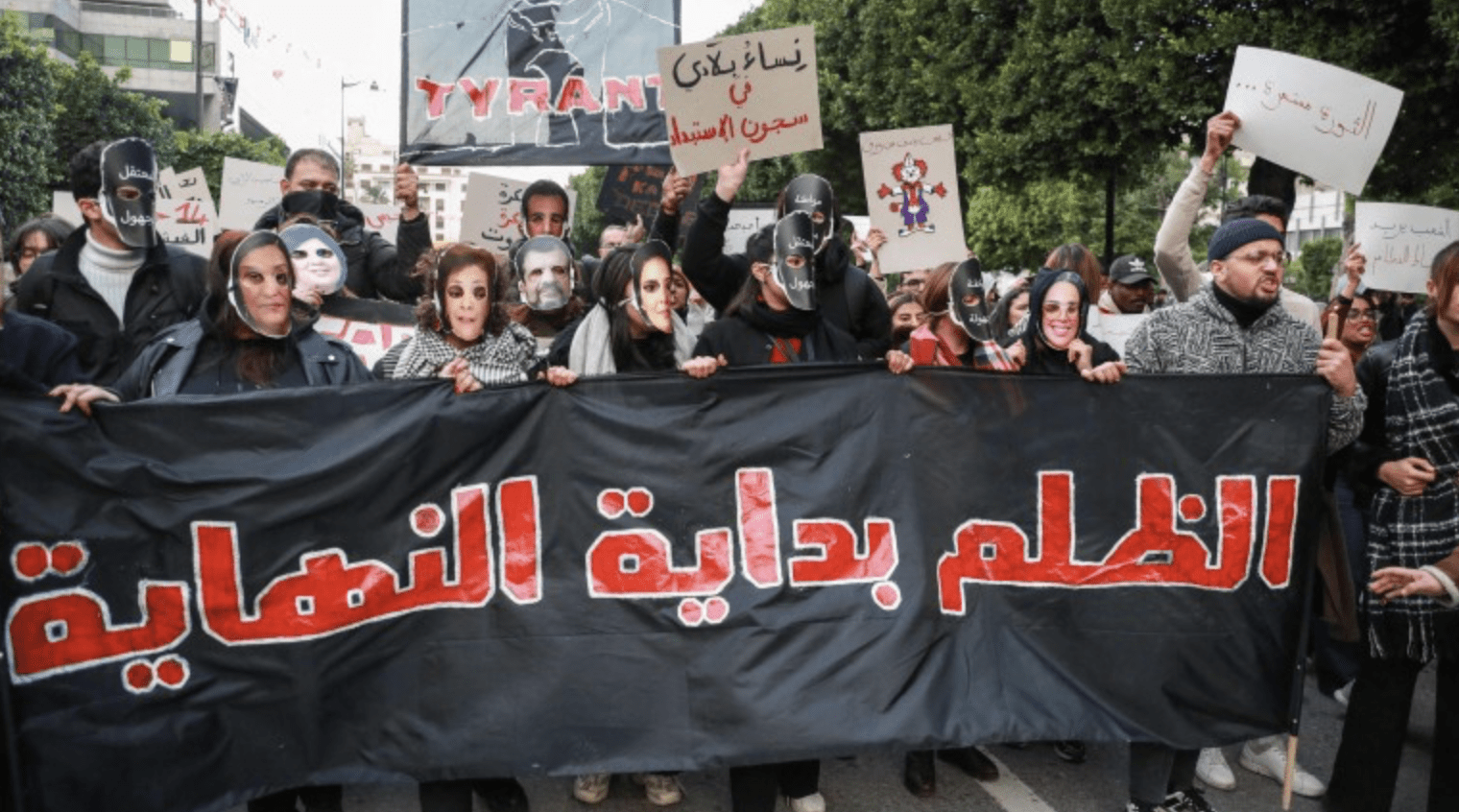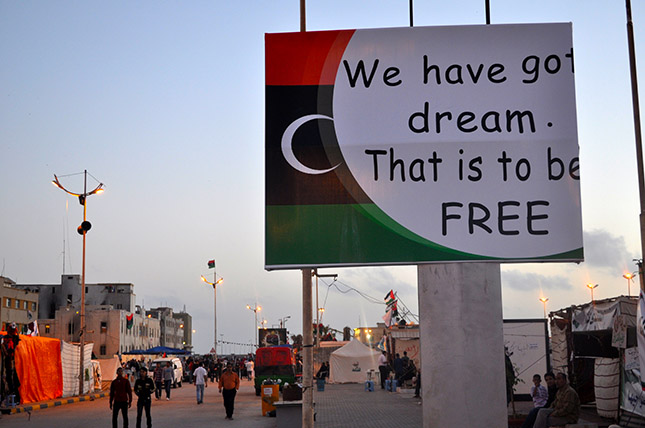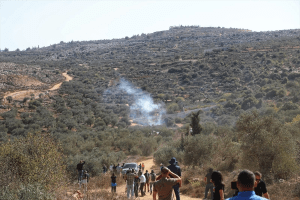Algeria Leader Rejects Paris Press Freedom Rank

Algerian President Abdelmadjid Tebboune has questioned the credibility of the reports of Reporters Without Borders (RWB) on press freedom in Algeria, considering its ranking is subject to the whims of those directing the organisation and does not take into account the realities on the ground, reports Middle East Monitor.
In excerpts broadcast by official media during his meeting with newspaper directors on World Press Freedom Day, President Tebboune urged that focusing on the idea that Algeria is not a country of freedom in the press is slander against the nation and injustice to its people.
READ: Prominent radio journalist sentenced by Algerian court
According to Tebboune, RWB remains a non-governmental organisation and these organisations are subject to the individuals who manage them. Tebboune emphasised that the only worthwhile rankings are those of the United Nations (UN) and its institutions.
Tebboune has criticised the RWB despite his reception of the North Africa representative of RWB, journalist Khaled Drareni, at the same event.
Drareni shared in a statement to Al-Quds Al-Arabi on this issue: “I met with the President of the Republic carrying a message from Reporters Without Borders in North Africa. A dialogue between us lasted for five minutes, during which I asked the President to release journalist Ihsane El-Kadi.”
The ranking issued by the RWB on the eve of World Press Freedom Day placed Algeria 136th globally, considering that the press in Algeria is restricted with numerous red lines. Independent media outlets are continuously subjected to pressure, while journalists are regularly imprisoned or prosecuted, not to mention the blocking measures imposed on many websites.
The report deemed that the Algerian legislative framework increasingly restricts journalistic work. While Article No.54 of the Constitution guarantees press freedom, it imposes on media outlets respect for: “The nation’s constants and its religious, moral and cultural values.”
The Penal Code, amended in 2020, was also criticised, which now stipulates, according to the RWB, a prison sentence ranging from one to three years for: “Anyone who deliberately publishes or promotes, by any means, false and malicious news or information that could undermine public security and order.”
According to the non-governmental organisation, this provision is regularly used to prosecute journalists, leading to widespread censorship.
Want to chase the pulse of North Africa?
Subscribe to receive our FREE weekly PDF magazine














